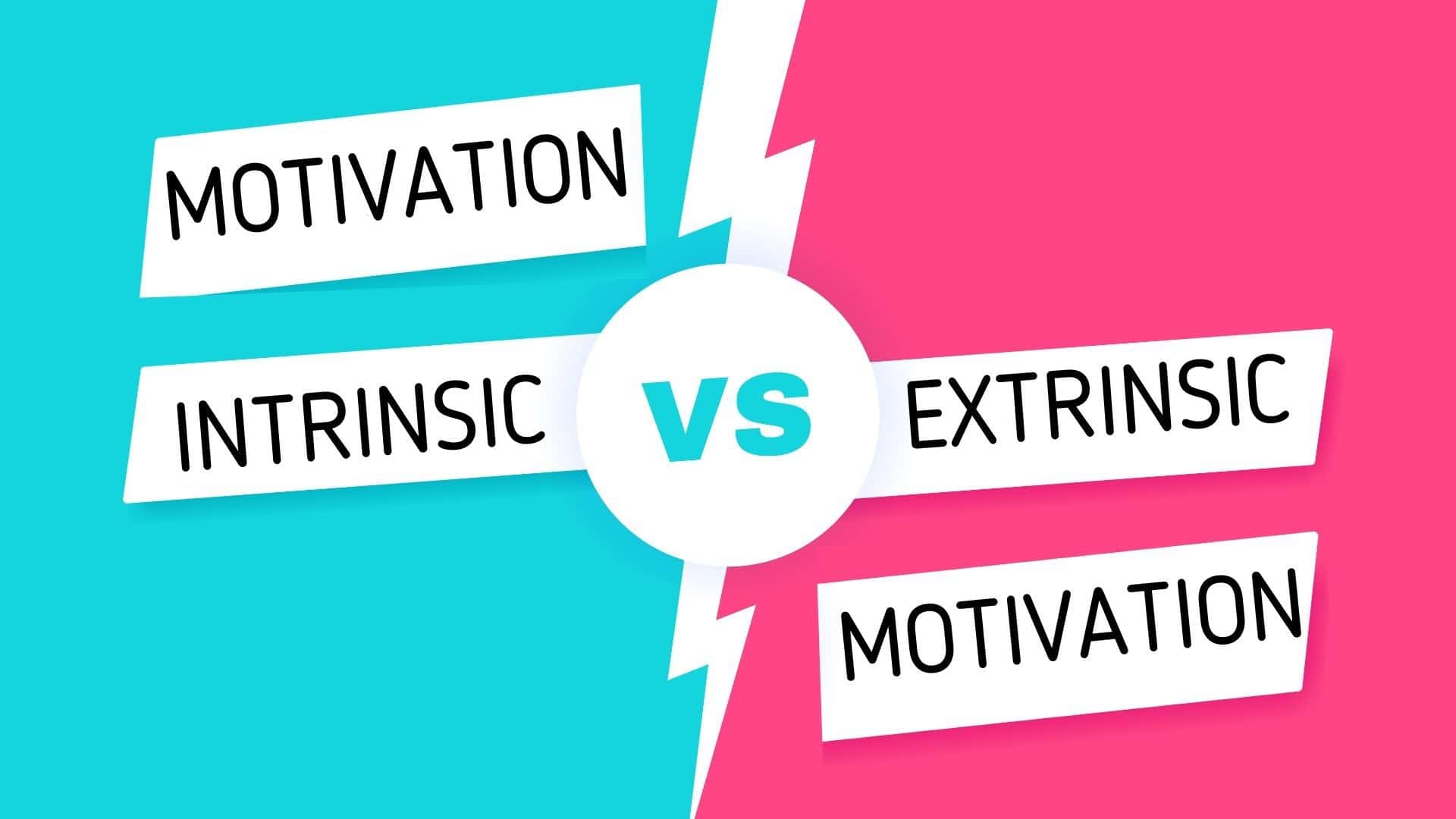

Once we start to understand the implications of intrinsic motivation, it becomes clear that it’s important to develop a culture and way of working that fosters and maintains it in employees. It’s about inspiration rather than obligation. You’re pursuing the goal because it’s connected to something you value, or has real purpose for you.


Essentially, it’s doing the activity for ‘all the right reasons’. With intrinsic motivation, you’re driven from within, and as such you’re meeting some fundamental psychological needs like autonomy and competence or feeling related to others. You might have heard of Self Determination Theory (Deci and Ryan) which looks at the interaction between extrinsic forces and intrinsic motives and needs. Research confirms that intrinsic motivation is the one that generally leads to the most positive outcomes. Or it could be because you’re trying to avoid a negative consequence – like losing your job. It could be to obtain more followers or likes on a social media post. It could be approval from someone or achieving a grade. When you’re extrinsically motivated to do something, however, it’s because you’re doing it to achieve an external reward or gain. It gives you a sense of personal satisfaction. In other words, it’s giving you a positive emotional return, perhaps because it’s fun or because it’s something you take pride in. Intrinsic motivation comes from inside you it’s when you’re motivated to do something because it’s internally rewarding. While there are debates over how many types of motivation exist, there are two forms that are pretty much universally accepted: extrinsic and intrinsic motivation.


 0 kommentar(er)
0 kommentar(er)
